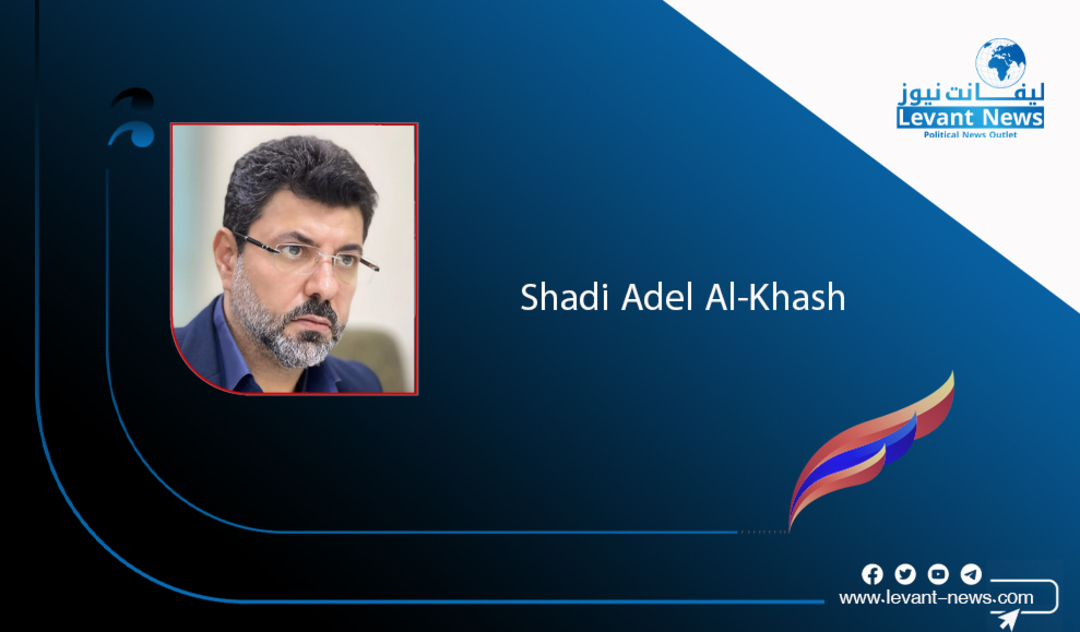-
When the Homeland Betrays Itself

In a pivotal moment in Syrian history, the Sweida province shifted from a quiet voice on the fringes of the national scene to a moral epicenter revealing the depth of fractures within the state project.
It was not an unfamiliar flag raised in the place of rupture; rather, it was the last cry in the face of long-standing betrayal. The massacre that preceded it was not the first bloodshed but rather the culmination of a path of ostracism and collective punishment.
For years, Sweida was besieged silently, treated as a region outside the rebellious armed movement, yet never outside the homeland. It refrained from sectarian infighting, embraced displaced people, and raised slogans of freedom and justice within a peaceful, civil framework. But all this did not suffice when they decided to humiliate it—not because of alleged secessionist stands, but because it did not bow down or sign off on projects outside the Syrian conscience.
The massacres that occurred in July were not merely security incidents but a calculated plan executed by security formations loyal to the interim authority, under the guise of forced national unity, based on centralist authoritarian visions that replicate and rebrand the previous regime.
The scenes captured on camera and leaked footage revealed horrifying acts of violence and crimes that cannot be comprehended: sectarian-based killing, genocide against entire families, burning and mutilation of bodies, shaving beards, burning homes, flooding wells, killing medical teams, looting property, and kidnapping women—all this was not mere street violence but a systematic behavior.
Yet, many—whether individuals, political parties, or societal factions—did not take a clear stand condemning what happened and is ongoing. Instead, a deadly silence, overt complicity, or allegiance to the new authorities' narrative prevailed. As soon as they settled in the capital, they began repeating the crimes of the previous regime.
Amid this wound, the Israeli flag was raised. This act is neither heroic nor patriotic, and it cannot be justified under any circumstances. However, it can be understood as a cry of despair when all options appear closed, and homeland partners are either complicit in the crime, justifying it, or silent. Here, raising the enemy’s flag becomes a desperate scream, a call into the void—directed at the brother who left Sweida to face brutality and barbarism alone. An act of desperation by victims, neither justified nor glorified, but it should not serve as a pretext to justify the massacre.
This is where Israel played its role, as usual—intervening, exploiting the Syrian wound, positioning itself as a guarantor of minority security, while in reality, digging new lines of contact within Syrian geography and seeking agents in a country bleeding sovereignty and belonging.
And what do we have in return? A temporary authority system that did not build a national consensus but imposed an authoritarian script. A transitional authority acting like a permanent regime—drafting a constitution tailored to itself, marginalizing components, strengthening military and religious extremism, and excluding civil forces that had been the backbone of the initial revolutionary movement. This authority is responsible for transforming the Syrian issue from a liberation project into an internal explosion, from the dream of a civil state to a space of sectarian and regional conflict.
Therefore, allow me to pose the crucial question: What is the transitional government? Legally and politically, it is an interim, temporary form that arises after the fall of authoritarian regimes. Its main goal is to ensure a peaceful transition toward a stable democratic system through participatory and inclusive mechanisms that represent all societal components without exclusion.
It is supposed to be managed by national consensus, not by the logic of loot or closed doctrinal references. What happened in Syria is the opposite: an interim authority seized Damascus with conquest-like standards, declared itself the final authority in the name of the revolution, usurped decision-making, monopolized sovereignty, and replaced the regime with a new authority cloaked in religious rhetoric—crafted as a constitutional declaration disconnected from the social contract idea, and more akin to a "jihadic pledge" to the ruler, immune from accountability.
Hoarding power after the revolution reproduces tyranny with new faces—and more dangerously when cloaked in revolutionary guise. A homeland isn’t built by confiscating wills, and sovereignty isn’t preserved by excluding the mountain, the desert, the coast, Quneitra, Daraa, Aleppo, the Jazira, Hasakah, and Damascus.
Syria doesn’t need a new banner but rather a new charter and a comprehensive, urgent national conference that includes all Syrian components without foreign imposition or guardianshipaiming to end this bureaucratic tyranny.
A conference that produces a roadmap for a real sovereign constitution, immediately annuls the current constitutional declaration, and dissolves all forms of authority based on factional quotas and military dominance.
A conference that restores politics to its rightful placenot as an imposed matterand clearly defines the state, the tasks of the transitional phase, justice conditions, the concept of authority, and mechanisms.
Shady Adel Al-Khash
You May Also Like
Popular Posts
Caricature
opinion
Report
ads
Newsletter
Subscribe to our mailing list to get the new updates!




















